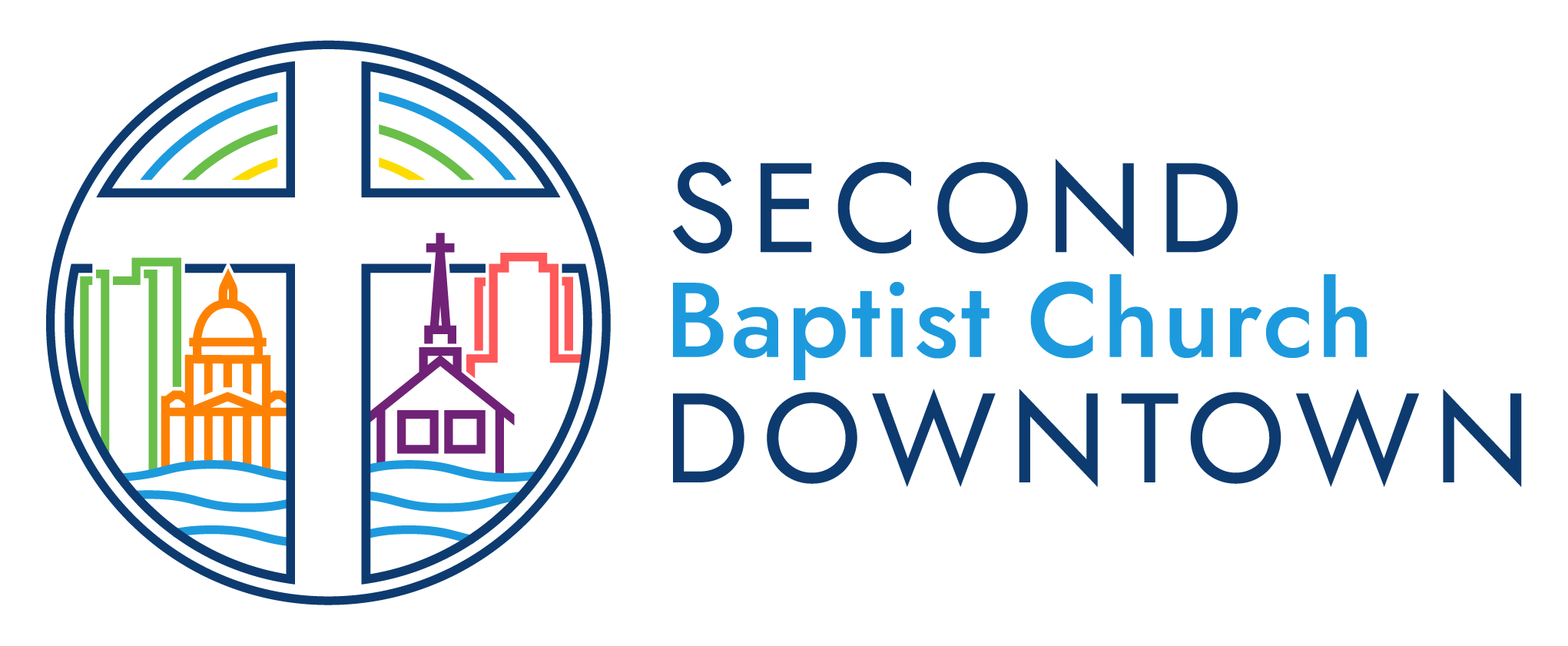What do you do the day after everything changes?
This Monday, I walked into our sanctuary and sat for a while. The sanctuary felt much different than the day before. Sunday’s glorious music had given way to a powerful silence that seemed to carry echoes of Easter grandeur. There were far fewer lilies flowering the altar, and there were no trumpets announcing cosmic victory. There was no crowd, and the sacred buzz of Easter Sunday was long gone. No little boys were pulling their ties away from their collars, and no little girls were twirling in their dresses. All I could hear was my own heartbeat and the traffic passing by on the street just on the other side of a large stained glass window.
I began to wonder. What do you do the day after everything changes? What do you do the day after you give birth to your firstborn child? What do you do the day after your phone rings at 2:37 a.m., and the officer on the other end delivers crushing news? What do you do the day after the boss enters your office to announce the promotion you’ve wanted for years? What did the world do on September 12, 2001 or December 8, 1941 or the day after John F. Kennedy was assassinated?
One of my favorite resurrection stories is the one described in John 21. Peter and the other disciples were in a boat on the Sea of Galilee. Jesus had risen from the dead. They had seen him with their own eyes. Still they went back to the one thing they knew: fishing! They were trying to recreate some normalcy in the midst of all the chaos. They were yearning for what they knew in the midst of the glorious wonder that defied comprehension. Perhaps we can only handle so much of the inexplicably miraculous until we begin to hunger for something more base and mundane.
OK, I’ll confess: one of the reasons I walked into the sanctuary on Monday was to relive Sunday’s glory. I mean, Easter Sunday is the Super Bowl for a minister, and our worship was gloriously moving. However, I could not recreate Sunday’s magic.
The risen Jesus is never captured in a room, an event, or even a worship service. He is constantly and ceaselessly slipping through the human grasp, defying the categories, and avoiding his capture. He is always on the move, refusing to be tied down by our constraining expectations. If death, hell, and the grave couldn’t hold him, what makes us think we can? If the worst of our humanity cannot contain him, neither can the best of it. Our belief in resurrection does not allow us to sit in our pews and pay homage to a historic figure or recreate some past event. Resurrection demands that we step into the very newness we celebrate. It calls us to move to the rhythms of impossible life, to announce good news to all people, and to give our lives to a God for whom nothing is impossible. The mystery of resurrection doesn’t just call us backwards in remembrance; it summons us forward in faith, hope, and love. If Jesus’ resurrection was a sign of the inbreaking of God’s tomorrow, we will not fully experience it by reminiscing about the past.
On the way out of the sanctuary on Monday, I noticed the stained glass window in the back of the sanctuary, which portrays Jesus, with arms outstretched, summoning any and all to come and follow him. I was reminded that we do not and will not find Jesus in rehashing Sunday’s wonder; we will only discover him as we follow him. While I have days in which I’d rather just bask in a pew, Jesus is out there on the streets loving, healing, and speaking. I guess we all had better join him on the other side of the stained glass windows…and take our news with us.
In this way, Easter isn’t so much a day, as it is a way. And as it turns out, the last invitation is the first invitation all over again. Jesus, on the banks of the Sea of Galilee, said to those fishermen, “Follow me.”
That’s what we do on the day after everything changes.
Preston Clegg


